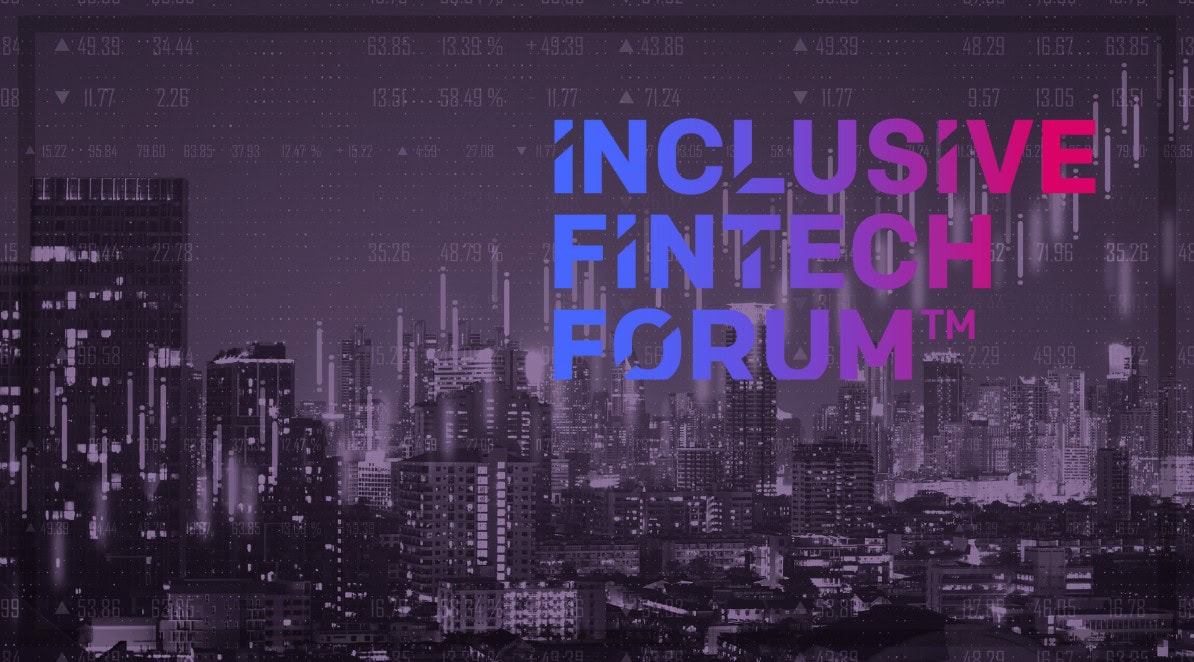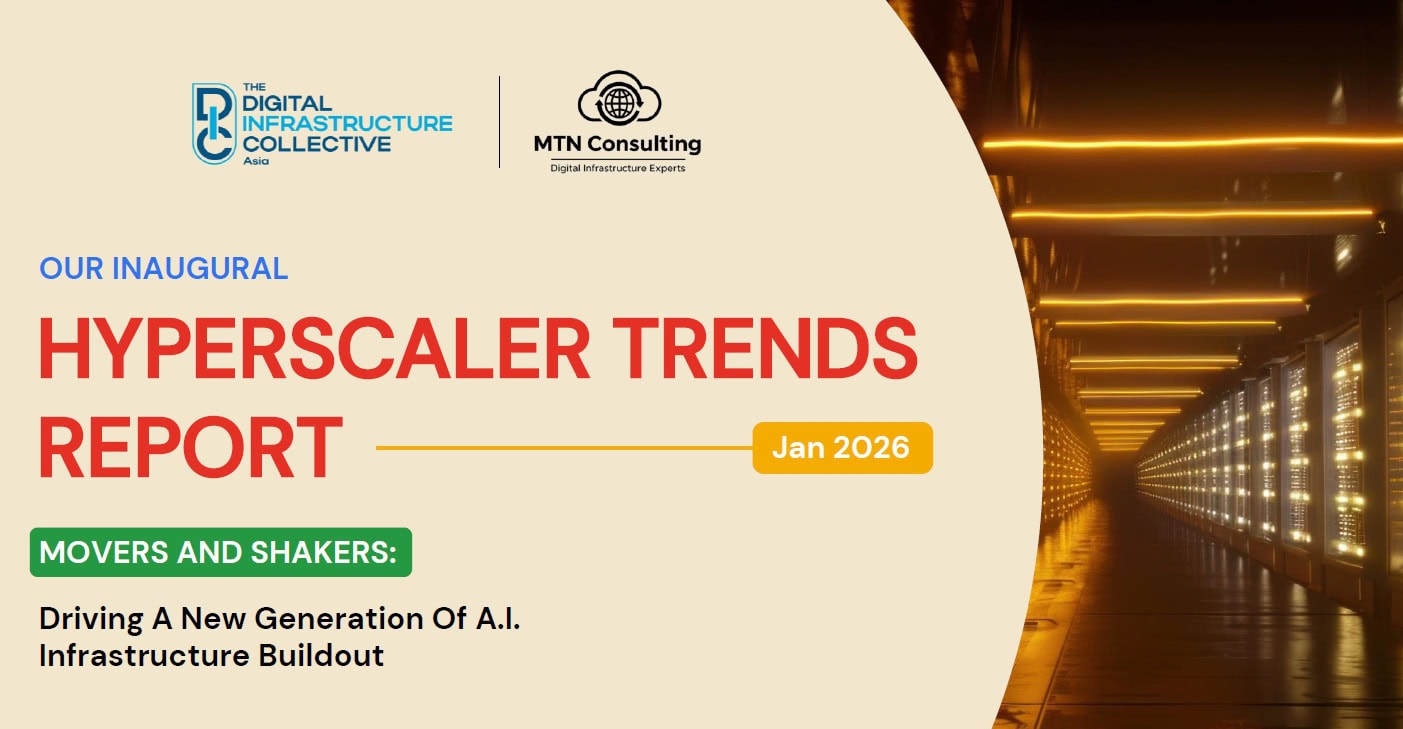In the run up to Fintech Aviv, DisruptionBanking sat down with Ran Shribman (Sales Director) and Ariel Resnik (Founder & CEO) of Paretix.
Paretix is an Israeli company that has worked in the credit data analysis space for over fifteen years. Experts in data modelling, data science and risk analysis, the company’s main offering is their “Smart Credit Analytics (SCA)” product. This is designed to help financial institutions evaluate credit, automating the process and helping to optimise profits.
Ran described the products as “an underwriting platform that helps credit providers to assess requests by using artificial intelligence (AI).” The AI is used, Ran explained, to build a “bespoke scorecard.” This scorecard takes a range of data points – using information from sources like credit bureaus, open banking and alternative data sources (such as accounting systems) , among others – to understand as much as possible about the 5 C’s of credit(capacity, capital, collateral, conditions and character).
By building a credit model that also takes into account the lender’s own risk appetite, through the SCA policy engine, as well as the potential risk presented by any given request, through the SCA scorecard engine, Paretix can then automatically produce a credit recommendation. As Ran emphasised, however, the solution does not simply offer binary “yes or no” answers, but can offer more nuanced suggestions regarding which product may be best-suited to any given individual.
WATCH Rob Fauber, President of Moody’s Investors Service, discuss how technologies such as #machinelearning, #AI and natural language processing might be used in the context of credit analysis: pic.twitter.com/XpGKQrGkAk
— Moody's Investors Service (@MoodysInvSvc) August 28, 2018
Not only does this take away the manual work involved with underwriting and servicing credit requests, thereby speeding up the process, but can optimise underwriting. The idea is that lenders therefore able to offer the best-suited and most profitable products to clients, who also benefit in receiving the most appropriate and optimally structured loan.
Ariel also noted that a key aim of Paretix is to “democratise” access to AI. Previously – perhaps because of the cost and expertise required to install and manage AI systems – such technology had been preserved for the big banks. Paretix’s target customers are specialised lenders, those who might not yet have been able to take advantage of AI. Paretix aims to level the playing field:
“Big banks have been doing AI for many years, but specialized lenders didn’t have the resources to compete. Our mission is to modernise the AI era and democratise access to AI.
“To take advantage of these new technologies requires a lot of data, and a lot of data scientists, which is very expensive and requires a lot of complex technology. However, Paretix aims to make this available not only to the big banks, but to the specialised lenders.”
But we want to do it while leveraging the core competitive advantage of the specialised lenders – their expertise in some niche market segments. The challenge is to combine between the lenders experts know how and risk appetite with advanced AI in a friendly and easy proces
He summed up their mission nicely: to be the “Robinhood of the lenders.”
Fired as Google's Co-Head of Ethical AI Research after a blowup over a critical paper, Margaret Mitchell is joining startup Hugging Face to build tools for AI fairness https://t.co/9eAdpfxWY3
— Bloomberg (@business) August 24, 2021
While the specific type of data used can vary depending on which products or loans are being considered, Paretix anonymises data points: the algorithm is not aware of personal identifiers. This also has the added benefit of making compliance with data privacy laws very straightforward. As Ran outlined:
“GDPR and other Privacy laws are very important to our customers. It’s very easy for us [to comply] because we don’t need identifying data such as the name of the customer of their ID details. We just take anonymised data and use the relevant facts. We don’t need to know who they are, what their ID number is, or details about their family. We only need the financial facts. All the facts and data we get from the lender is anonymised, without identifying information.”
As they will be discussing more at Fintech Aviv, Paretix is currently going through an expansion. While founded and headquartered in Israel, and operating in many different regions of the world, the company is about to expand into London and the UK market. In recent years, the Israeli fintech ecosystem has proved to be a significant springboard for innovative companies to expand into Asian, European and American markets. Ran described Israel’s benefits in the following terms:
“Israel is well-known for its tech community. It’s considered one the biggest tech centres outside of Palo Alto. So it’s a huge tech area. And fintech specifically is a space in which it’s been growing. Historically the country has had expertise in security and defence tech but this has expanded into other areas including this highly developed fintech scene.”
#Israel is home to a vibrant #ArtificialIntelligence ecosystem:
— Israel Nitzan🇮🇱 (@IsraelNitzan) March 12, 2019
🔸From 512 companies in 2014 to 1,150 in 2018 (120% increase in 4 years).
🔸Total capital raised by #AI companies in 2018 ($2.25B) more than tripled from the amount raised in 2014 ($516M) https://t.co/8RhmyOqYOe
Ariel continued:
“In AI, we have a really strong talent pool. I think we are number three – after the US and China – in terms of the number of AI companies We have huge AI talent coming from the army and academic; a lot of people specialise in this area. For a company that’s focused on AI, we have a huge competitive advantage.”
Specifically in credit AI we have a perfect “laboratory” in the markets we operate, because credit bureau data is new or limited, and lenders were very open to leverage alternative data sources. In the last few years. The UK credit players have become more open to explore with new data sources
Both believed that this ecosystem, the resources available to Paretix in Israel, and the company’s decade and a half of experience in the country has prepared Paretix well for expansion into the UK. But why London, and why now? Ran told us that not only is the UK market huge, but London’s reputation for being an open banking hub makes it an especially attractive proposition:
“The company historically has been very successful in Israel, as well as with lenders in Africa and Asia. But the UK market is also a very attractive proposition for us. It’s obviously a huge market, and is big in terms of finance and fintech. It’s one of the most advanced financial markets and looking forward regulatory framework . So that’s where we want to put a lot of emphasis when growing our business internationally.
“Also, the fintech revolution seems to be happening in London. Of course, it has long had a reputation for being a financial centre – and being innovative and open to new ideas. It’s a particular hub for open banking, which has equalised the playing field and opened it up. Whereas the big banks used to have more of a dominance, open banking has made the field more competitive. London has given specialised lenders the chance to compete with the big guys.”
As will be clear at Fintech Aviv, Israel has become home to a wide range of innovative companies, like Paretix, working with the technologies that threaten to revolutionise the way we conduct finance and banking. Open banking, a space in which London has excelled, has also dramatically increased competition across the financial services sector – and given companies such as Paretix the chance to compete. Will the dominance of the big banks in the AI space finally be put to an end? Paretix will be trying to do just that.
Author: Harry Clynch
The FinTech Aviv annual summit is taking place this year on March 9th. It will be a hybrid event, with on-site and online tickets both available. To find out more, and to purchase tickets, visit the website here: March 9 – Annual Summit 2022 | fintechaviv (fintech-aviv.com)
#FinTech #TelAviv #FinTechAviv #AI #DataAnalysis #Lenders


















